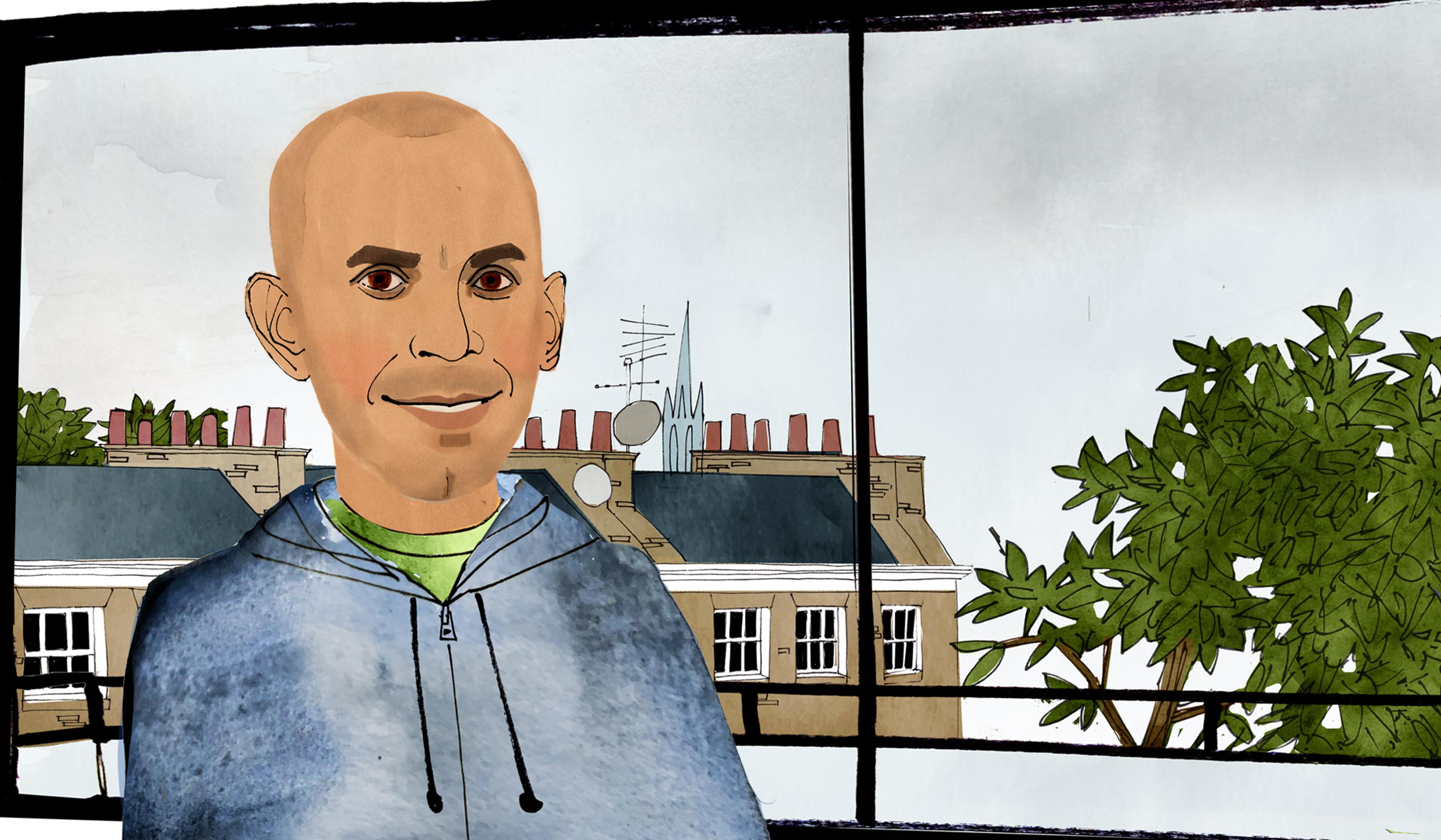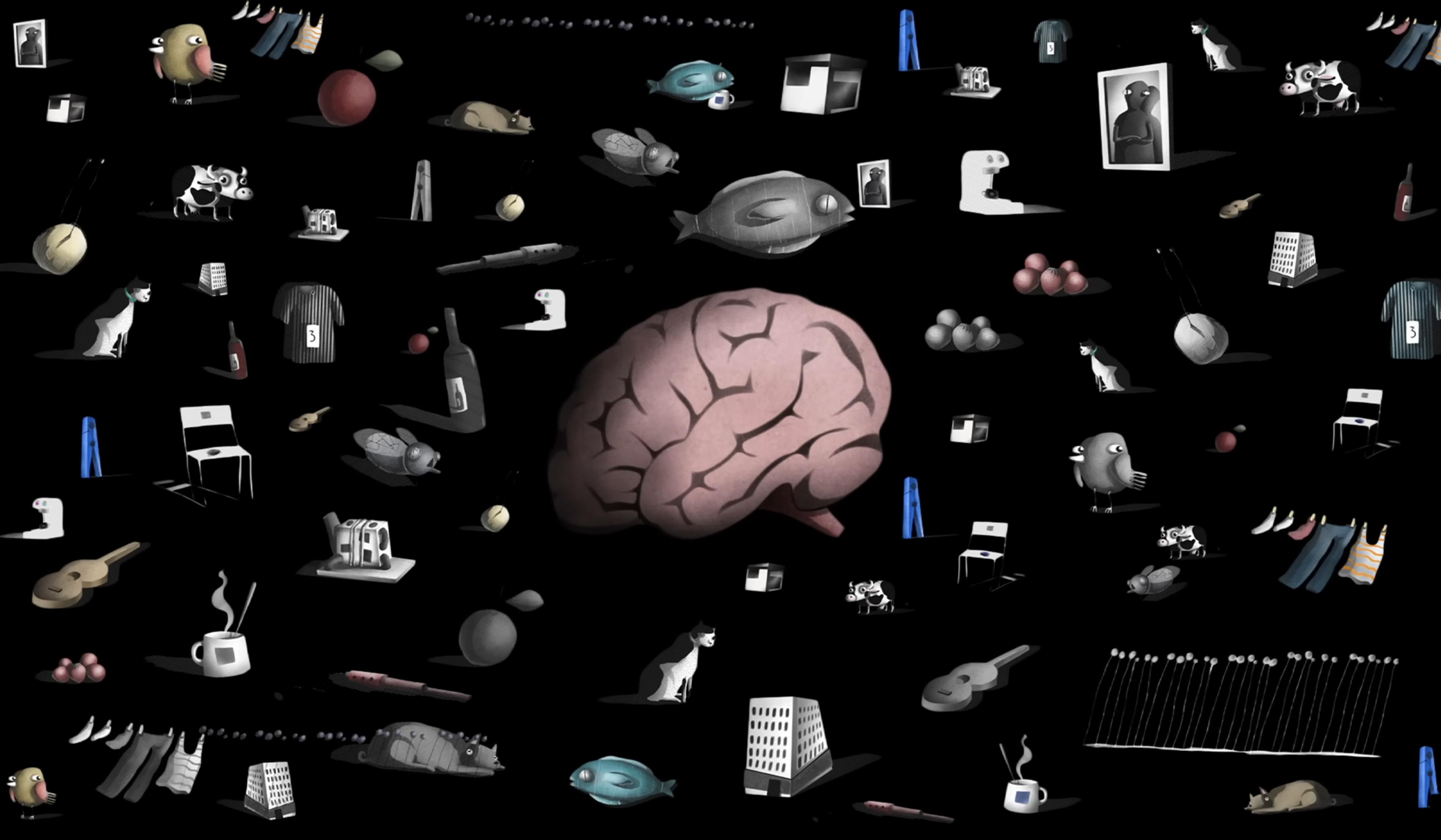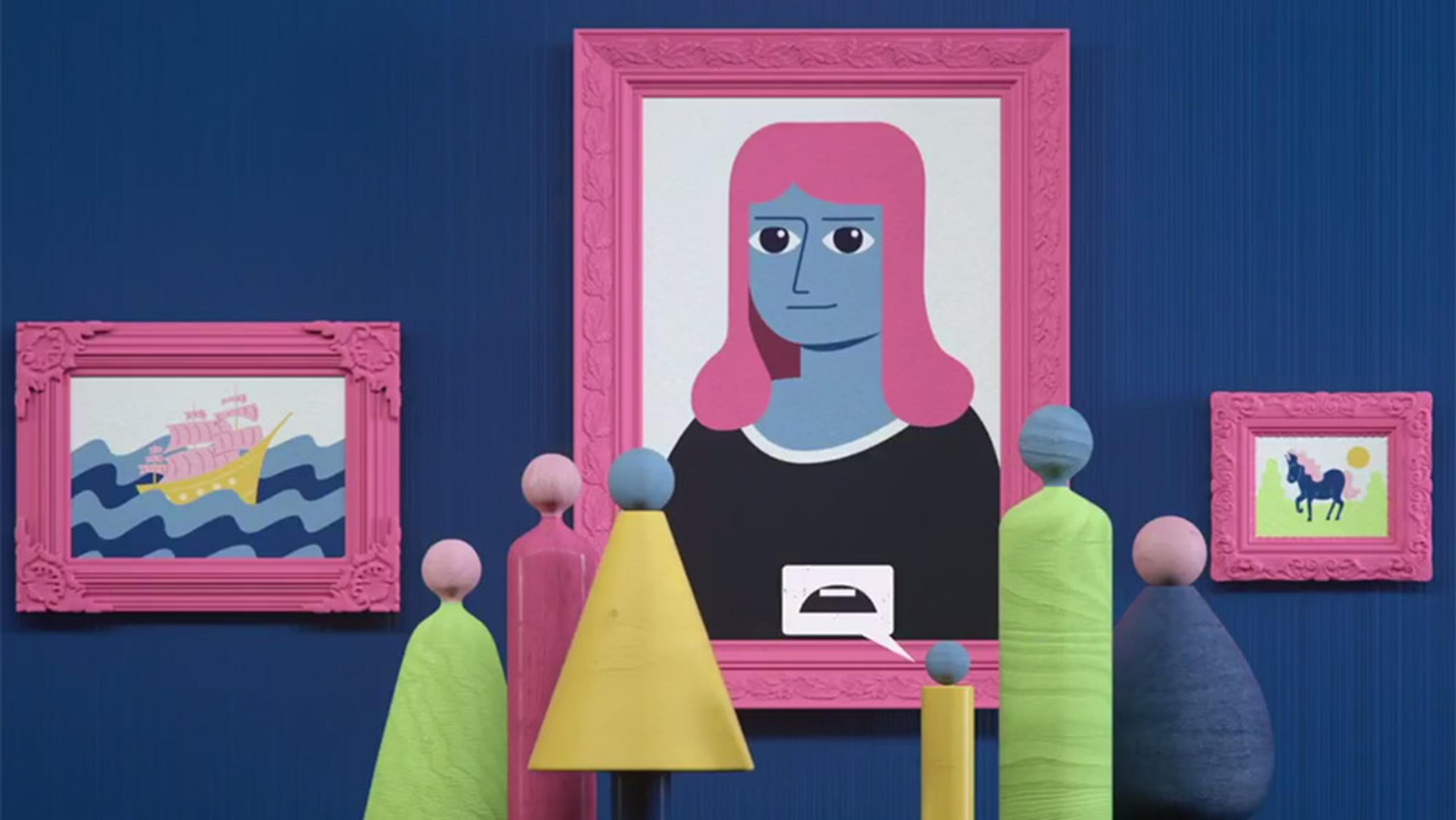Can we ever know everything about something we can’t experience? The Australian philosopher Frank Jackson pondered this question in a thought experiment in 1982, which imagined a neuroscientist named Mary who understood everything there was to understand about colour vision, without ever having experienced it herself. If, in an instant, her black-and-white experience of sight shifted into colour, would she glean any new insight?
Detailed with stylish, shapeshifting animation in this short from TED-Ed, Jackson’s thought experiment ponders felt subjective experience (or ‘qualia’, for all the past and current philosophy students) and its relationship to knowledge. The questions raised by ‘Mary’s Room’ – including whether anything about experience transcends physical facts – remain some of the most perennial and unsettled in philosophy, even if Jackson himself actually reversed his position, concluding that the experience of colour vision does indeed correspond to a brain state, albeit one we don’t yet fully understand.








